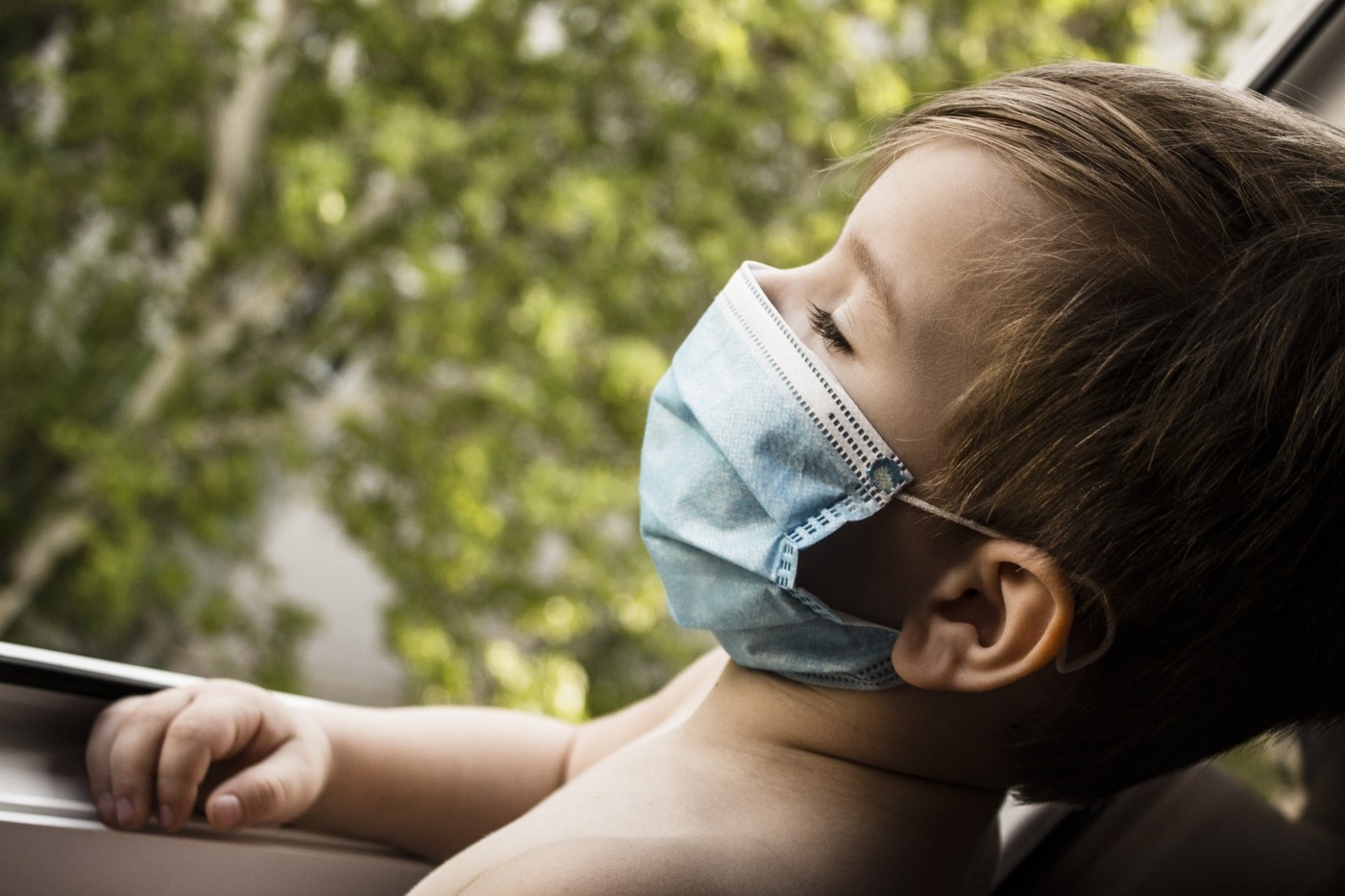Covid babies: How has the pandemic impacted their brains?
The threat of the Covid-19 pandemic has loomed over the world for a couple of years now. Throughout this time, the dangers of the virus are constantly being monitored and studied. Fears of the illness causing long-term complications, and even death, are ever present. But what about the other effects? The virus has drastically changed the way we live, and for babies born during the pandemic, this is the only world they have ever known. The effects of this altered and disconnected word are now starting to come to light.
Researchers at Columbia University studied the motor and social skills of six-month old babies born during the pandemic. They found that these babies scored lower averages on all tests than the average scored by babies before the start of the pandemic.
Despite not remembering the events of the past few years, the effects on their brains may be profound
Researchers ruled out the virus itself as a cause. Whether or not the baby’s birth parent had had the virus did not affect the results of the tests. This worryingly implies that the cause of the observed differences is the social and environmental context of the pandemic. Consequently, we would expect to find a similar situation among the hundreds of millions of babies born throughout the pandemic.
Why do the results of such studies worry scientists so much? Most of us barely remember the first few years of our life, and for these babies, the pandemic will simply be a story, rather than something they remember living through. However, despite not remembering the events of the past few years, the effects on their brains may be profound.
Psychologists believe that the early years of a child’s life are vitally important in their development, affecting everything from their health, language skills, and well-being. Social and motor stimulation are believed to be particularly important in shaping their development into babbling, walking toddlers, and even shaping the people they become later in life.
A baby born during the era of social distancing and lockdowns may know no different than existing within a household bubble. Parents may be stressed, working from home, or spending long hours away as a key worker. In any case, socialising, leisure activities, and going out has been replaced by staying in, zoom calls, and long-closed attractions. Isolation into household groups deprives babies of an entire world of social opportunities. Grandparents, friends, and even strangers, all provide the social experiences necessary to help babies learn a range of important things from language to emotions.
This has been a difficult time for us all, not just babies, but this may be why babies are so heavily affected. The spike in anxiety and depression among adults during the pandemic affects babies as well. A study found that pregnant individuals are experiencing higher levels of stress than pre-pandemic. In brain scans at three months old, they found a strong association between higher prenatal stress levels and structural differences in the baby’s amygdala (a part of the brain associated with stress and anxiety).
Lack of socialisation is literally changing babies’ brains
The same study identified that social support was an important factor in reducing the impact of prenatal maternal stress. Meaning babies of parents with good support systems were less affected. This is certainly bad news in a world that has left people with limited access to friends, family, and the support that would usually be provided for new parents.
For some, the situation is not so gloomy. With caregivers spending so much time at home, the opportunity arises for babies to receive extra love and care, which may just allow them to thrive. However, research shows that the pandemic has disproportionately affected families who are already struggling. For disadvantaged families, who may rely more on support networks and services, the pandemic has only increased inequality. Poverty, family mental illness, and general stress factors already put a child in a vulnerable situation and can even affect brain development, and lack of access to support such as social workers and support groups only worsens this.
Above all, I believe these differences we are seeing in pandemic babies demonstrate the importance of our connections with others and our community. Lack of socialisation is literally changing babies’ brains. This is something that needs to be considered in the future when we consider how we, as a society, raise children. Furthermore, in unprecedented times such as these, we can now better consider the needs of babies and children when forming policies and regulations.
As the pandemic (hopefully) starts to come to an end, there is certainly hope. “The brains of six-month-olds are very plastic, and we can get in there, and we can change their trajectory”, says Dumitrui, the scientist behind Columbia University’s study. Children’s brains are excellent at adapting, meaning that while these babies may be playing catch up for a few years, it is certainly possible to minimise or even eradicate the effect on their future.


Comments